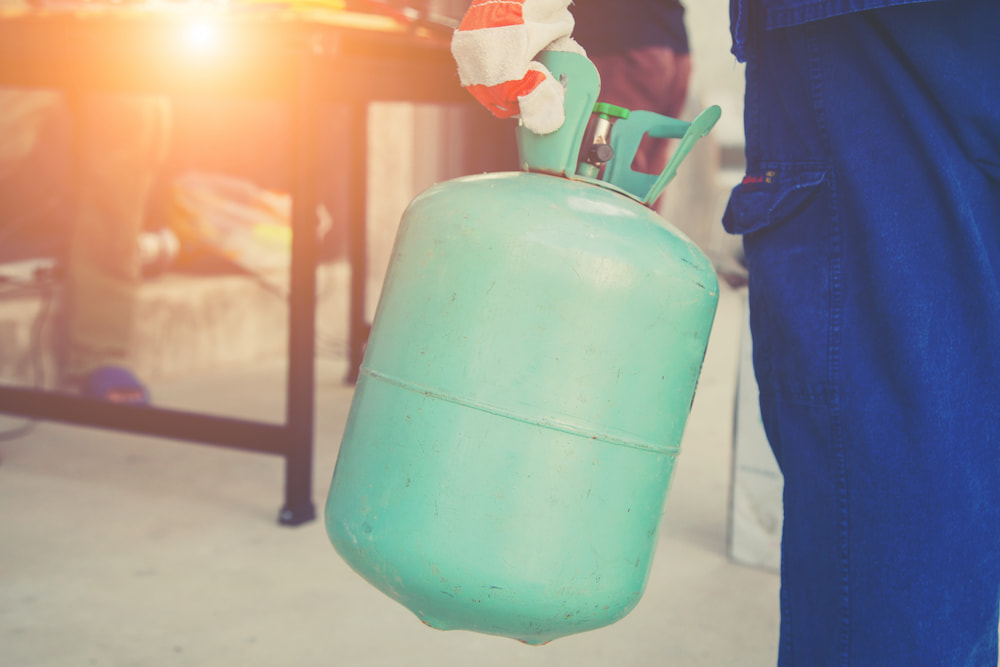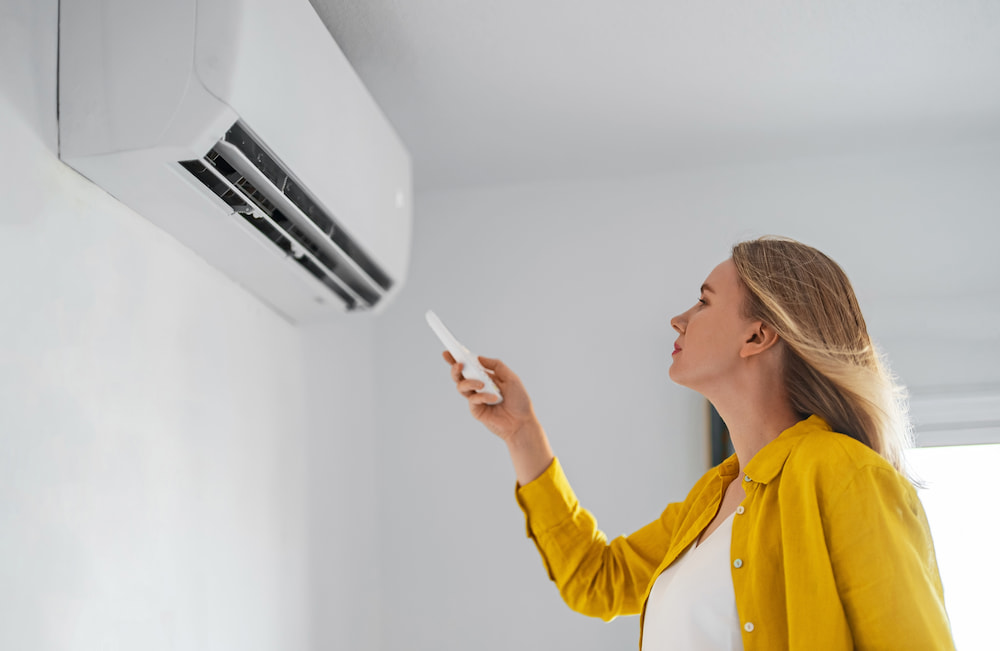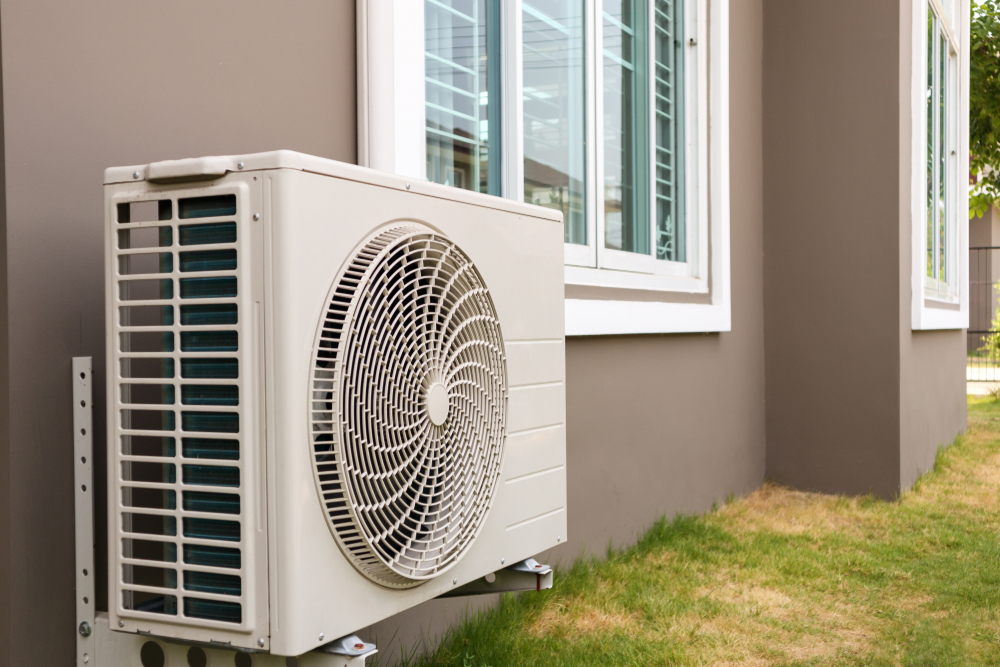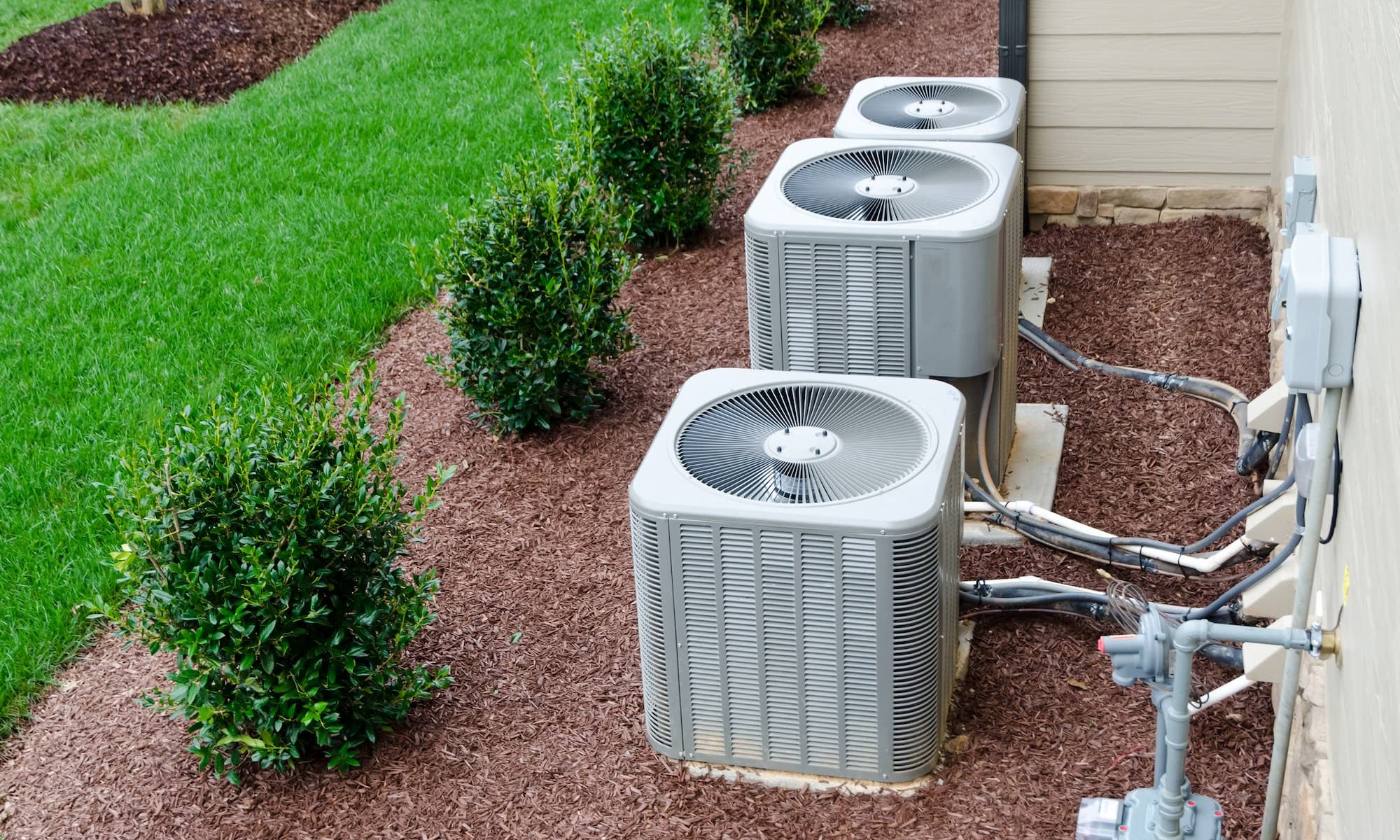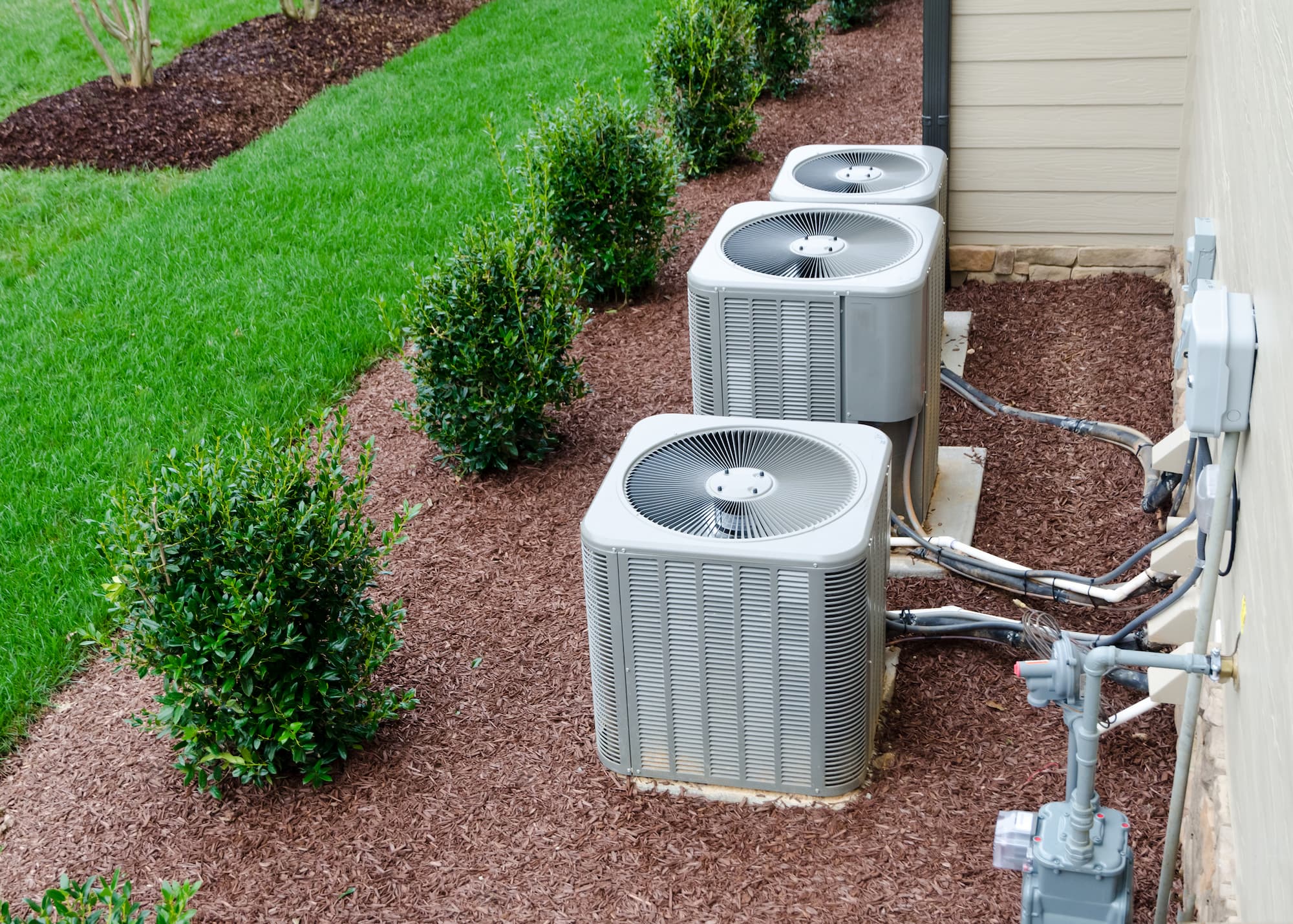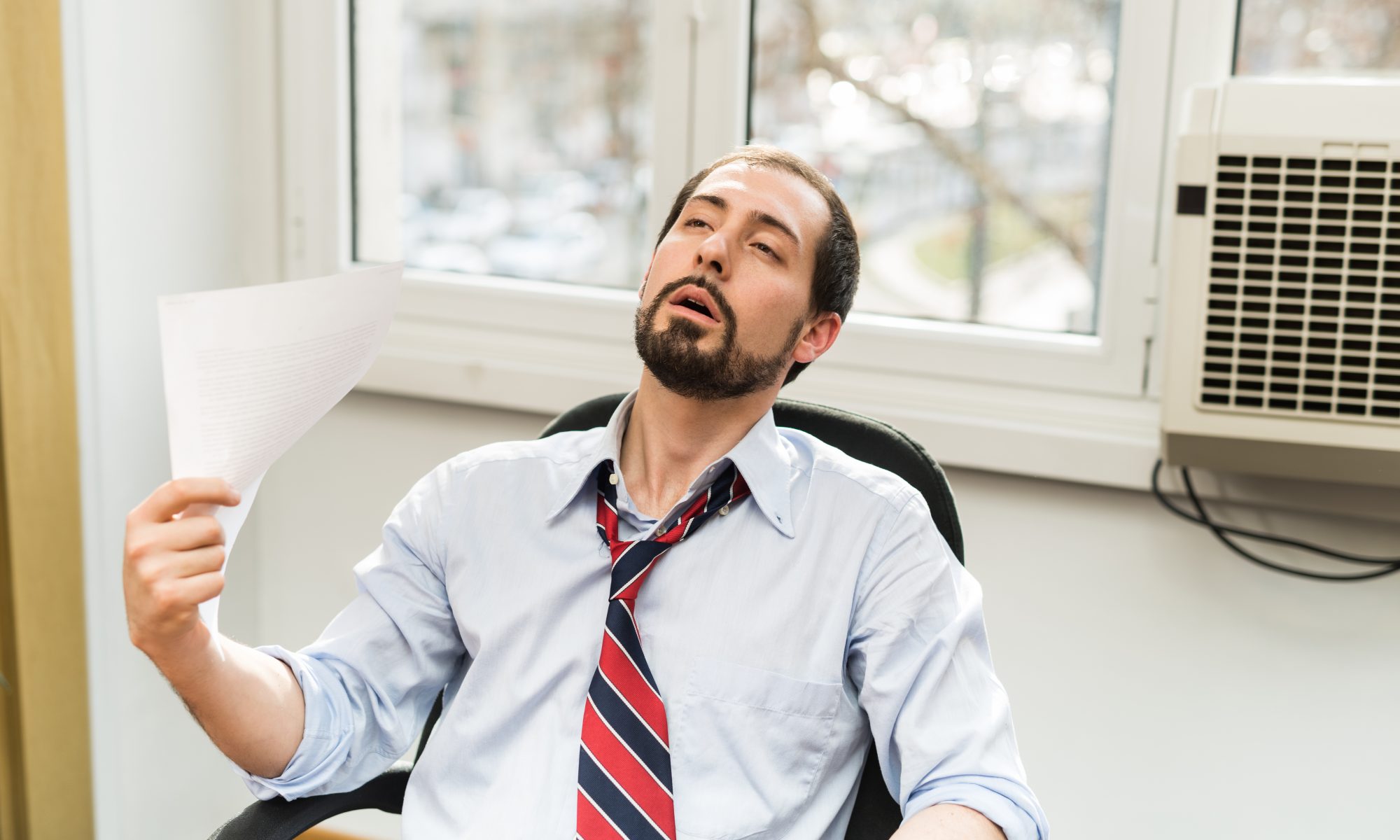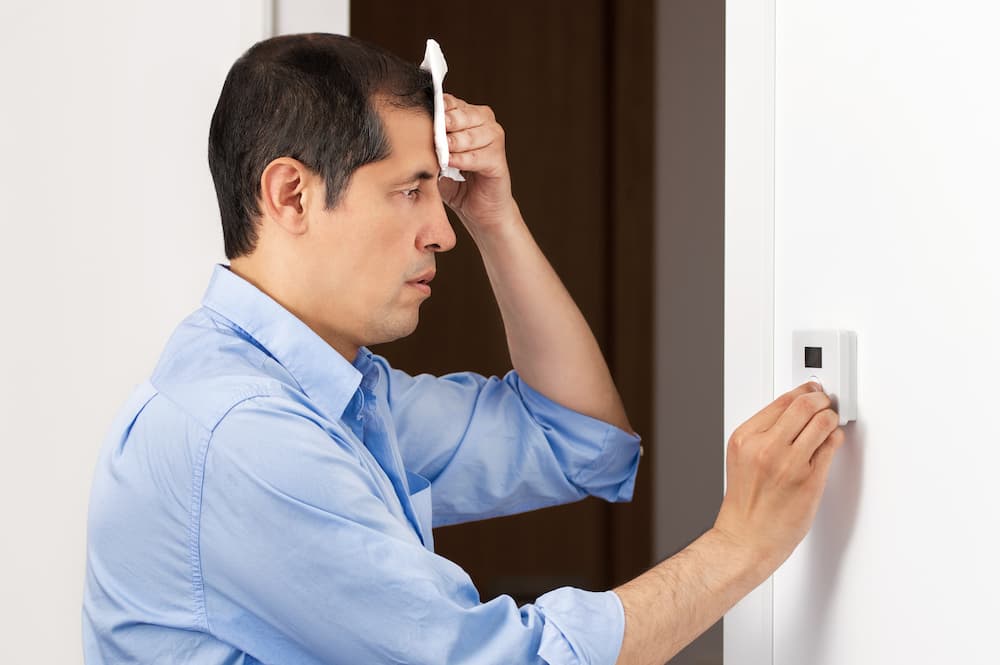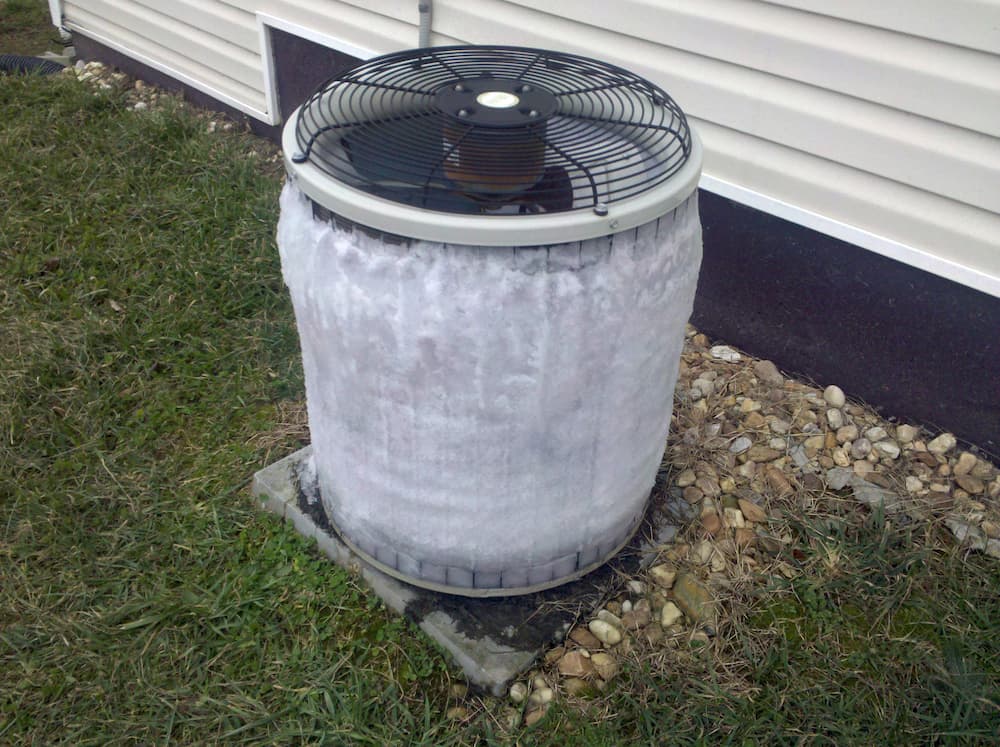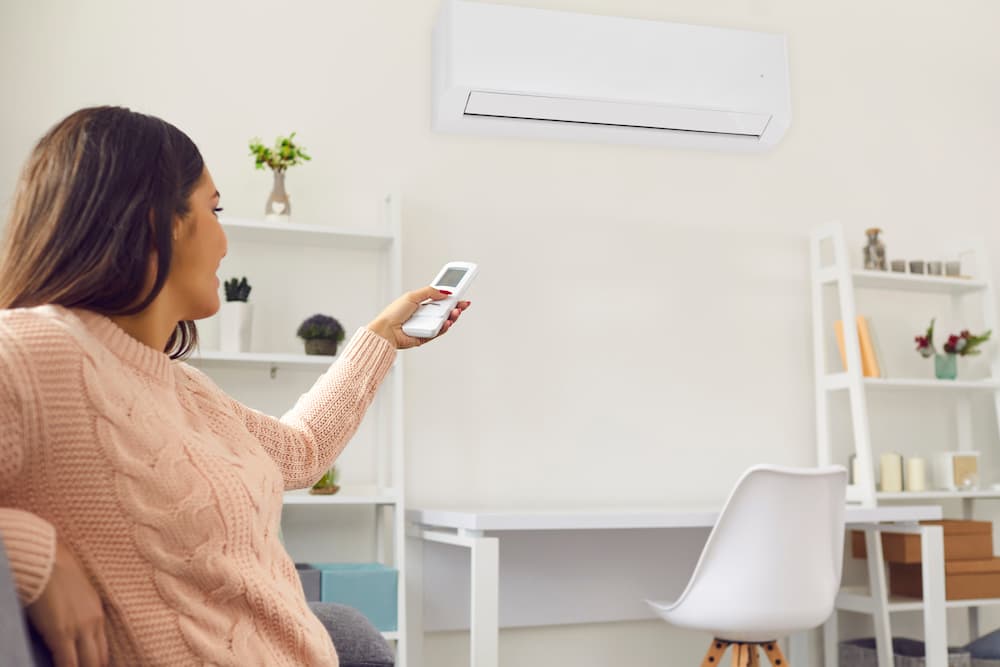Freon is the lifeblood of your air conditioner. It’s the invisible worker that absorbs heat from your home and releases it outdoors for greater indoor air quality. Low Freon in an air conditioner indicates insufficient refrigerant levels that impact the system’s ability to cool effectively. Identifying and addressing related issues can prevent irreparable damage and maintain your AC’s efficiency. Here’s how to check the Freon in a home air conditioner.
Common Signs of Low Freon in an Air Conditioner
The following are common telltale signs that your air conditioner might be running low on refrigerant:
-
- Insufficient Cooling: This is the most obvious sign. If your air conditioner struggles to maintain the desired temperature, even after running for extended periods, it could be a sign of low Freon.
- Reduced Airflow: Is the cool air from your vents weak or barely there? It could be due to restricted airflow caused by low refrigerant levels. The evaporator coil, responsible for absorbing heat from the air, may not get as cold as it should, resulting in less cool air circulating throughout your home.
- Ice Buildup: Ice forming on the evaporator coil or refrigerant lines strongly indicates that your air conditioner is low on Freon. The refrigerant prevents the coil from freezing as it absorbs heat. Low refrigerant disrupts this process and causes moisture in the air to freeze on the coil.
- Strange Noises: Your air conditioner shouldn’t make unusual sounds during operation. Hissing or bubbling noises from the unit could be a sign of low refrigerant and leaks in the system.
Additional Indicators of Low Freon in an Air Conditioner
While the abovementioned symptoms of low Freon in central air conditioners are quite noticeable, don’t ignore these signs:
Constant Cycling: Your air conditioner turns on and off frequently without reaching the set temperature. This could be the compressor short-cycling due to low refrigerant, which leads to this rapid on-and-off cycle.
Longer Cooling Cycles: It’s normal for your air conditioner to take some time to cool down a room. However, if you notice a significant increase in cooling time, it could be a sign that the system is working harder to compensate for low refrigerant levels.
Higher Energy Bills: An air conditioner with low Freon has to work overtime to maintain the desired temperature. This extra effort translates to higher energy consumption, which can be reflected in your utility bills.
Actions to Take When Experiencing Low Freon Signs
If you’re experiencing these signs, do not attempt a DIY Freon top-up. Adding refrigerant requires specialized equipment and training. Contact a licensed HVAC Freon technician to diagnose the problem and recharge the necessary levels. You should also:
-
- Schedule annual regular HVAC maintenance to prolong the life of your air conditioning unit.
- Improve energy efficiency by upgrading insulation, sealing air leaks around windows and doors, and installing a programmable thermostat.
- Low refrigerant levels can affect your air conditioner’s ability to control humidity. You might find it difficult to maintain a comfortable humidity level in your home, thus making the air feel muggy or uncomfortably dry.
These measures complement a well-maintained HVAC system to improve performance and lower energy costs.
Experience Hassle-Free Air Conditioning with Superstition Cooling’s Freon Services
At Superstition Cooling, we understand the importance of a cool home environment. That’s why we offer a comprehensive range of Freon services to keep your air conditioner running at peak performance. We have certified technicians within Apache Junction and the East Valley that provide the following:
-
- At-home Freon-level inspections and diagnosis of any underlying issues
- Safe and efficient recharge of your air conditioner’s refrigerant to ideal levels (if needed)
- Identifying and repairing any leaks in the refrigerant system to prevent future Freon depletion
- Regular AC maintenance to ensure your air conditioner is operating optimally
Don’t let low Freon AC levels disrupt your comfort. Contact Us today to schedule an inspection and discuss ongoing HVAC maintenance plans.
Image Source: I AM NIKOM/Shutterstock

